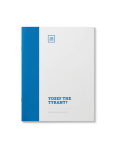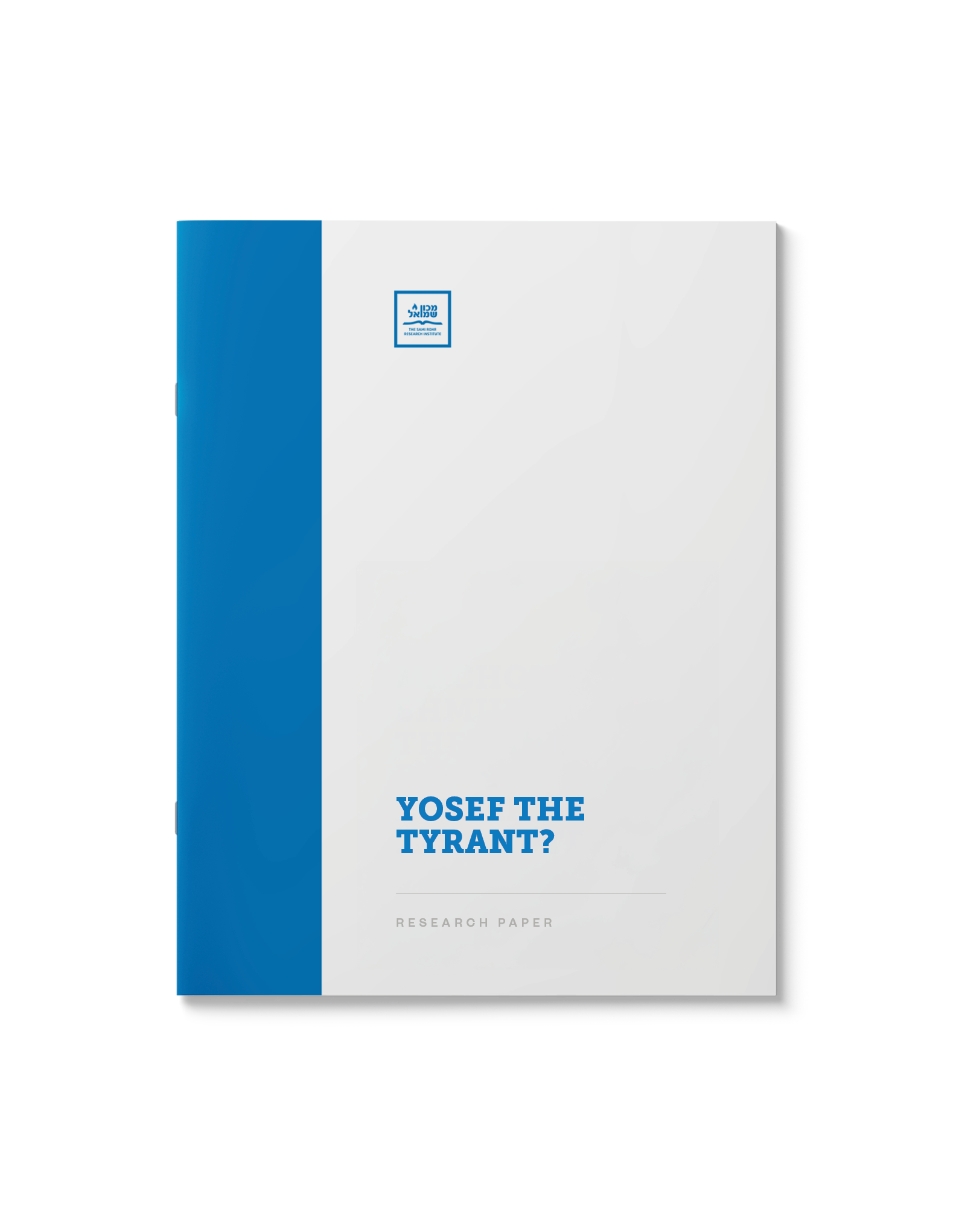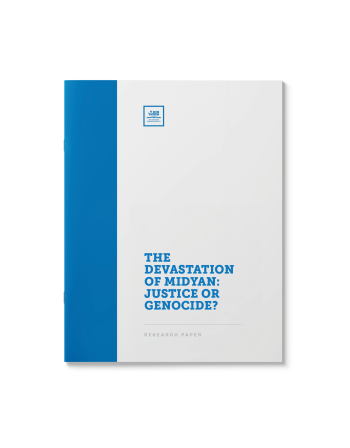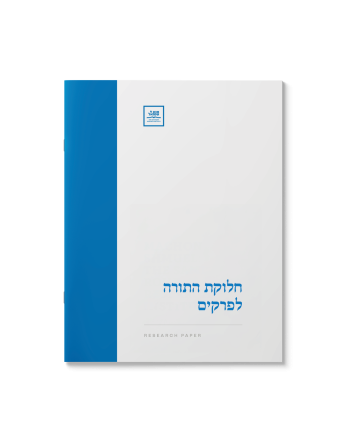Yosef the Tyrant?
$39.00
Handling economic depressions is one of the duties of modern government. Yet when the Egyptians begged for food during the famine, Yosef enslaved them as payment. Wasn’t it his responsibility to provide food? Why did the Egyptians beg for food instead of demanding their due right?
| Language | English |
|---|---|
| Paper Type | Research Paper |
| Pages | 13 |
Related Products
If Avraham was specifically
instructed to refrain from marrying a maidservant, how was he permitted to
marry Hagar? How could Avraham marry Hagar if Jews may not marry a first or second-generation
Egyptian convert? Was Hagar betrothed through a form of kiddushin or was
she considered a concubine? Was the marriage of Avraham and Hagar divinely
ordained?
The
census figures recorded in the Torah seem too perfect to be true. Each of the
tribes reported a population that was a convenient multiple of 5, 10 or 100.
Were these numbers rounded out?
Jews have always cherished the land of Israel, and yearned to be buried there upon their passing. They also seek to have their grave marked honorably, so as to enable loved ones to visit and pray. Yet Moshe Rabbeinu merited none of these, buried in “the Valley of Moab,” where “no person knows the place of his burial unto this day”.
Why was he assigned this fate? Does this somehow reflect his life’s unparalleled accomplishments?
(Hebrew)
The Biblical account of the destruction of Sedom raises many
questions. Amongst them: Why does the Torah imply that the angels defied G-d’s wishes by acting independently? Did Lot in fact direct his prayers to the angels? Was
his defense of the inhabitants of Tzoar that much better than Avraham’s
arguments to spare Sedom?
Dovid Hamelech remains one of the most famous yet most mysterious men in Jewish history. A king and a sage, a warrior and a poet, his accomplishments seem to be a cluster of contradictions. Study the life of one of Israel’s greatest kings, with an emphasis on the viewpoint of Chassidus.
A factual review of our forefather’s wedding and marriage arrangements. How
old was Ya’akov when he got married? How old were Bilhah and Zilpah? Were Rochel and
Leah twins? Why did Ya’akov work for seven years for each of them?
The Bible seems to be littered with tales of
the misdeeds of the righteous. Is it naïve to ignore these stories? Do we need
to reconsider our role models? How can we interpret these stories truthfully but
in a way that confirms the holiness of our heroes?
Moshe’s name is perhaps the most recognized name in all of Judaism, the name of arguably the greatest Jewish leader of all time – and a name that was given to him by an Egyptian Princess. Why did the Torah choose his Egyptian name as the name to be remembered for posterity? Why wasn’t his Jewish name recorded? And what was his Jewish name?
The final battle of Moshe’s lifetime is known as the war with Midyan. Moshe conveyed the divine instruction to take the lives of all the male Midyanite minors. Can this paradigm be reconciled with modern-day norms of war?
(updated)
Yonah. A prophet, a man of G-d – and a man who ran away from his duty. Yonah is one of the most famous and enigmatic prophets in Jewish history. Discover how Yonah’s actions are viewed from the Torah’s perspective and examine why his deeds were recorded for posterity.
Why
is Yosef referred to as HaTzadik? Didn’t he slander his brothers? A
new look at the saga of sibling rivalry and forgiveness.
In 1903 professor Simon Newcomb argued that human flight was a “mathematical impossibility,” but that same year, the Wright Brothers successfully launched the first powered airplane.
Having your travel route shortened and arriving at your destination almost momentarily is known in Biblical terms as Kefitzas Ha-derech. It may be “naturally impossible,” but miracles do happen! From Avraham to the Baal Shem Tov, some of our greatest heroes experienced this firsthand.
Read this paper to explore this fantastic feat, its history and halachic ramifications. Have a safe trip!
(67 pages)
Submitted by a Shliach in Florida















